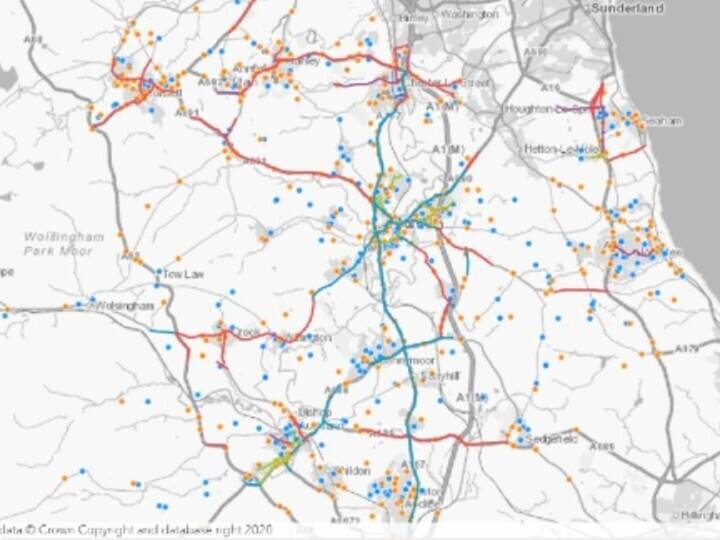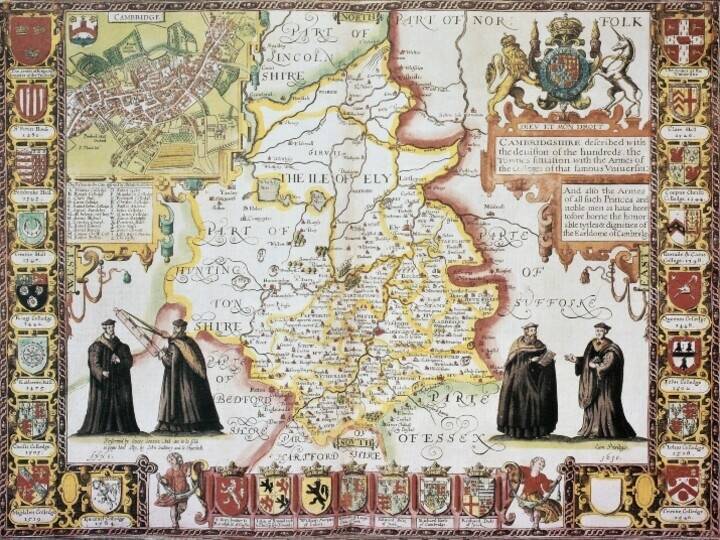NLPG Exemplar Award Highly Commended – MOJ Award for the Best Implementation of the Electoral Register Data Standard 2009: Nottingham City Council.
Like councils all over England and Wales, Nottingham City Council (NCC) has been working with its Democratic Services department to bring its Electoral Register in line with its LLPG. The task, as is so often the case, is not simply a data verification exercise. It requires joint working and a real desire to overcome technical obstacles.
The Electoral Register is an important data source for councils. The health of democracy depends on the authenticity of the data. The broad aims of this project have been laid out by the Ministry of Justice, complete with a deadline and a vision of the future where Electoral Registers combine to become the Coordinated Online Record of Electors (CORE).
The thinking is sound enough. An up-todate BS 7666 compliant LLPG is already used to match Valuation Office Agency lists for Council Tax, so it should also be capable of being used to match records in the Electoral Register. Everybody who votes has to live somewhere.
At a local level, NCC’s LLPG is already used as the address dataset for a number of service delivery areas, including Planning, Building Control, Estates, Social Services and Education. It is considered to be comprehensive, complete and up-todate, and is built into the council’s data management structure.
Nottingham is a city with a traditionally poor election return rate so it is hoped that alignment with the LLPG will deliver significant improvement. This also means that data from this area can be used more effectively across the entire council, and join the LLPG as a legitimate part of the Council’s data management structure.
Matching LLPG data was not, however, a straightforward proposition due to different internal processes. The staff responsible for the LLPG and those in democratic services worked closely together to devise a process which would achieve their aims. The teams also worked alongside the system vendor to ensure better interworking and invoke software replacement, as necessary. The first stage was to create an initial match and then remove unwanted addresses from the Electoral Register: those that were confirmed as historic and not yet built via the LLPG. A UPRN and address were provided in order to overcome missing or incorrectly formatted addresses in the register.
A system was devised for ongoing maintenance, and skills were developed to extract only relevant residential records from the LLPG which would then be imported into the register. At the same time, Democratic Services was given direct access to the LLPG in order to check addresses before adding them to the system. This will also help ongoing efforts to minimise fraud. Citizens will also benefit from a growing web-based, direct update process, allowing electors to enter and maintain their own records. Those moving into newly created addresses will find that the address in use is the same as that used throughout the Council.
The initial match rate with 131,000 records in the Electoral Register was 99%, but 1,320 records were still left that required careful checking and validation by both teams. Almost 900 records were removed from the Register. Fewer than 200 remained to be checked in detail, some of which required a site visit. Over 2,000 records were identified for primary addresses that were missing from the Register. 130 street records were identified as needing correction, a change that would affect about 3000 house records.
This project has been technically challenging, involving council staff, software vendors and external consultants. It examined each and every step of the Electoral Register collation process. The new register is already being used for cross referencing with other datasets. The exercise has resulted in the identification of a number of missing properties, with resulting additional revenue.
Key benefits
- Much improved Electoral Register data.
- Enabled the electoral system within Nottingham City Council to be open, fair and transparent.
- The whole approach to collation and maintenance of the Electoral Register has been reviewed.
- Democratic services is now au fait with the wider vision for joined up government.
- Since the Electoral Register now holds the UPRN, it will support joint working with other areas, such as Council Tax.
- Closer ties between democratic services and LLPG staff.
- This exercise will have a positive impact on Nottingham’s traditionally poor return rate.



